“I was born and grew up here, and can tell the difference between when the Kasigau project was here and when it wasn’t.” – Florence Malandi, Board of Management Chair, Kasigau.
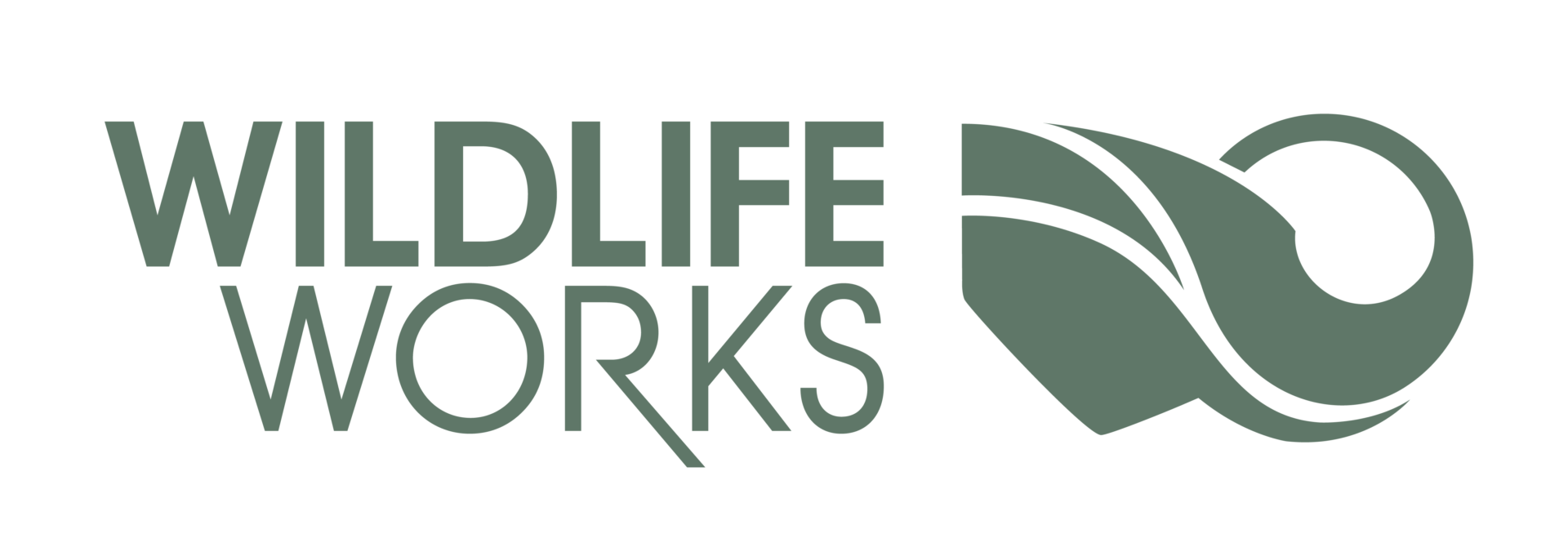
The Kasigau Corridor REDD+ Project in Southeastern Kenya is the world’s longest standing certified REDD+ project, whose generational impact is a result of the long-term commitment and partnership with communities. This important collaboration has enabled the project to co-create economic development pathways for over 100,000 community members, thereby reducing the drivers of deforestation.
Several community members who are also elected representatives of their own locations expressed their views about the Kasigau project.
Kimanzi Mwaasi
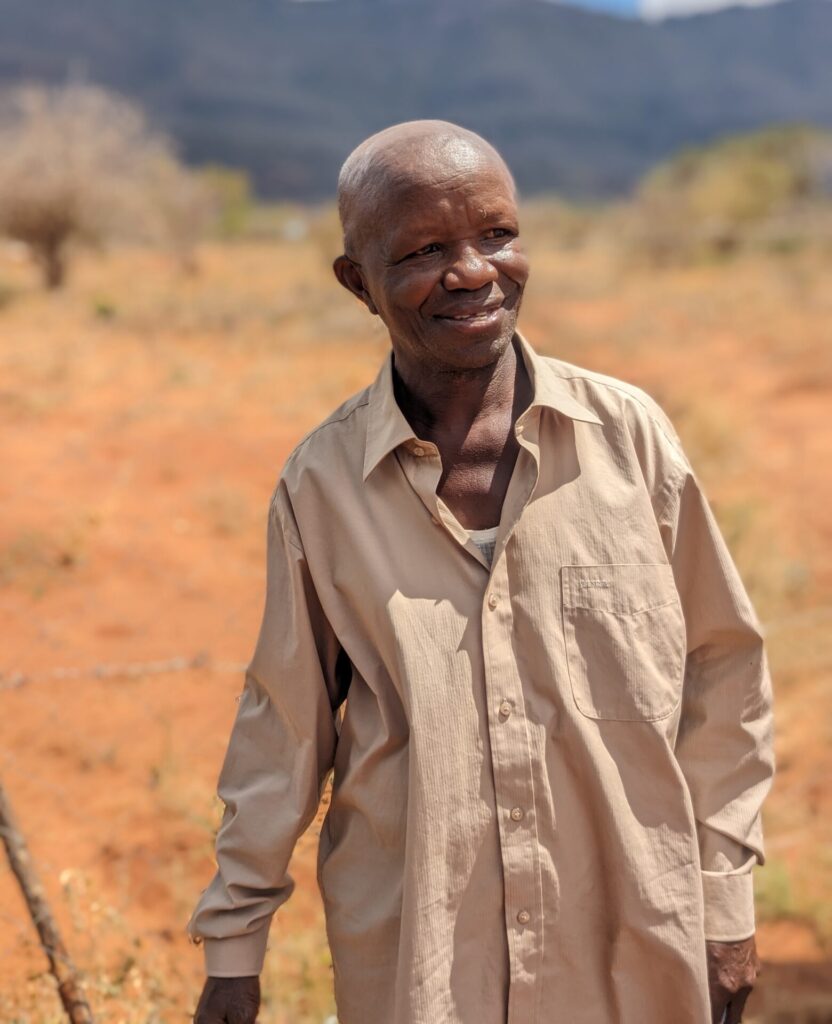
“I am a conservationist and love planting trees, if you visit my home you will find a lot of seedlings. Before the project, the community used to survive by engaging in illegal logging, especially during a time of drought. When Wildlife Works started working with us, we learnt about income generating activities without having to depend on trees. Now, the community is no longer cutting trees for survival because we are aware of the benefits of trees.
Our children are recipients of the bursary program thanks to Wildlife Works. Before, some children had completely given up on education because of their economic situation at home. But when they knew that Wildlife Works would be with them every step of the way, the majority of them have now taken their studies seriously.
If the project wasn’t here, life would be very very difficult especially in this semiarid area. People would have a hard time taking their children to school. We would have a world without trees. But now, the community have become guardians of the forest.”
Florence Malandi
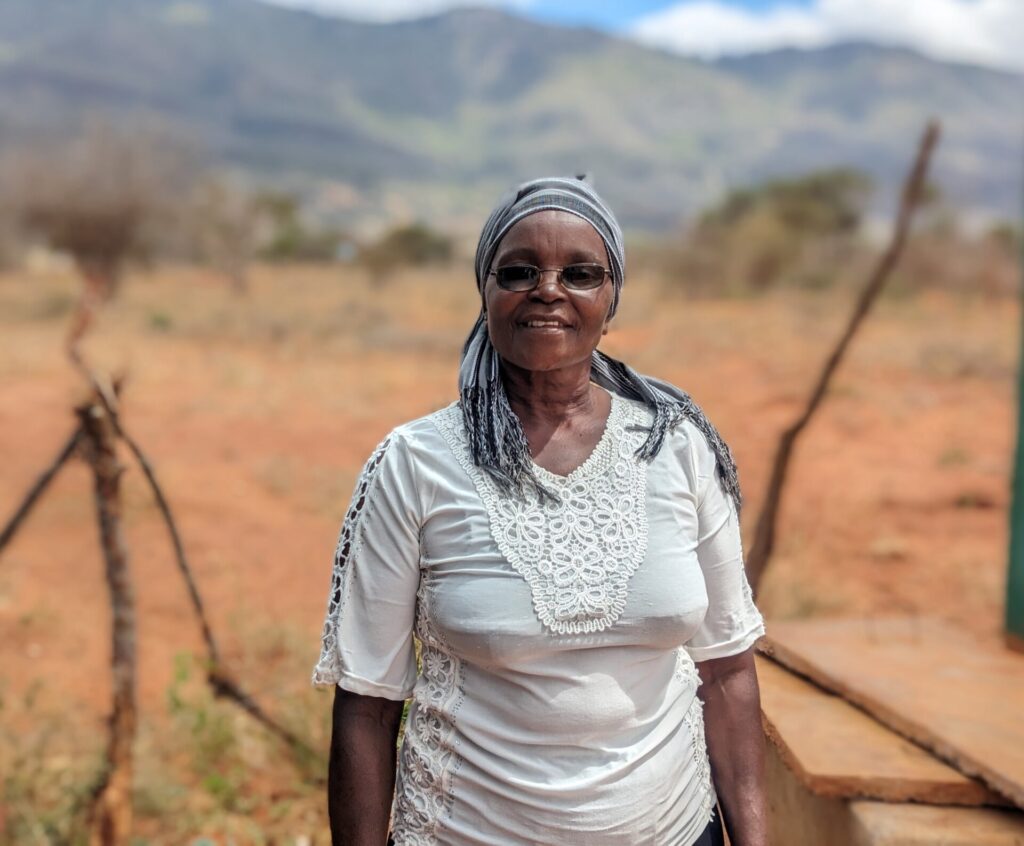
“I was born and grew up here, and can tell the difference between when the Kasigau project was here and when it wasn’t. When Wildlife Works wasn’t around, trees were being cut indiscriminately. People engaged a lot in charcoal burning and when you look at this area all around, you will realize that some tree seedlings became extinct and community members are replanting it.
As a Board of Management Chair in one of the schools in this area, I am happy to see educational projects implemented by Wildlife Works. One of the first classrooms that was constructed through Wildlife Works investment was also the first to bring in electricity in the area.
If the project wasn’t here, life would have been super difficult. For instance, students wouldn’t be comfortable because they would be learning in dilapidated classrooms.”
Jackson Kombo
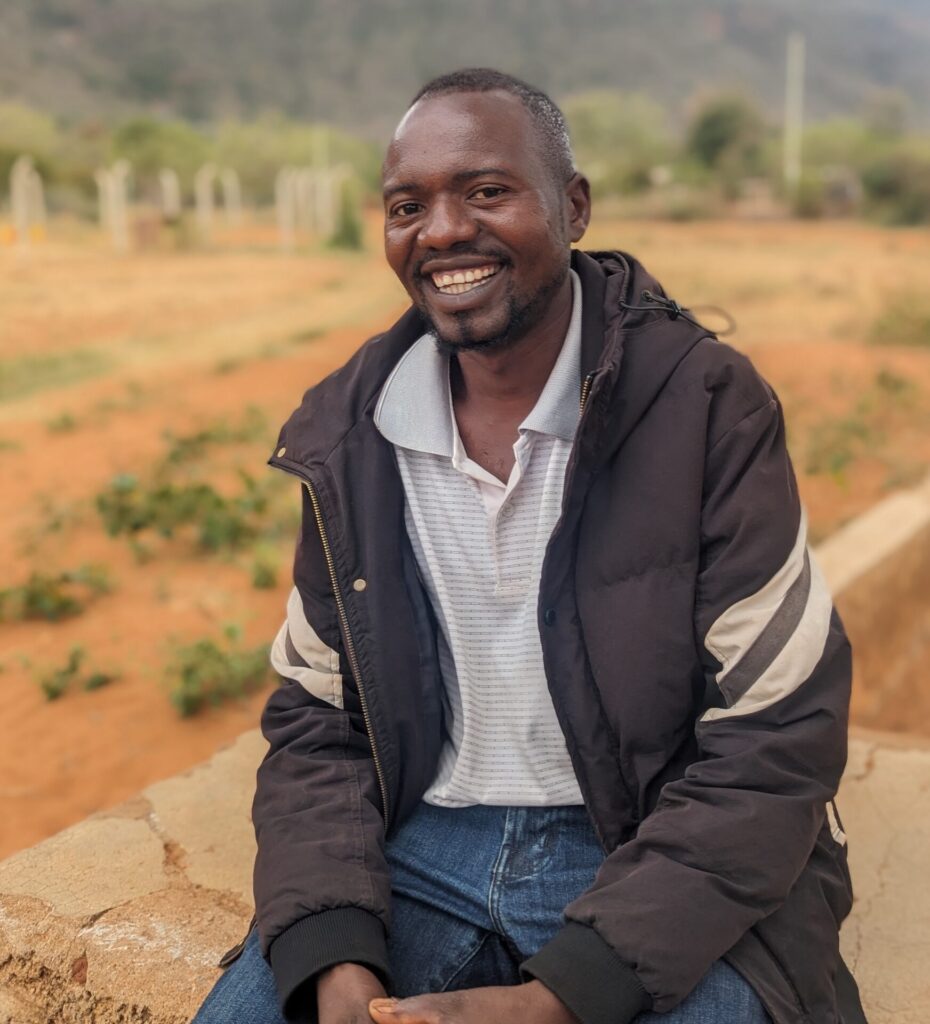
“Since the project started, a lot of investments have been made to the community, especially education and health. Schools and hospitals have been built and renovated. Students have been recipients of the bursary program which wasn’t the situation before. A lot of students used to be sent home for school fees but since the project came, a lot has changed and there has been a positive impact in education.
If the project wasn’t here, our area would suffer from negative environmental impacts. As a community, we depend heavily on subsistence agriculture and if it fails, we will resort to charcoal burning.“
Defence Mwaasi
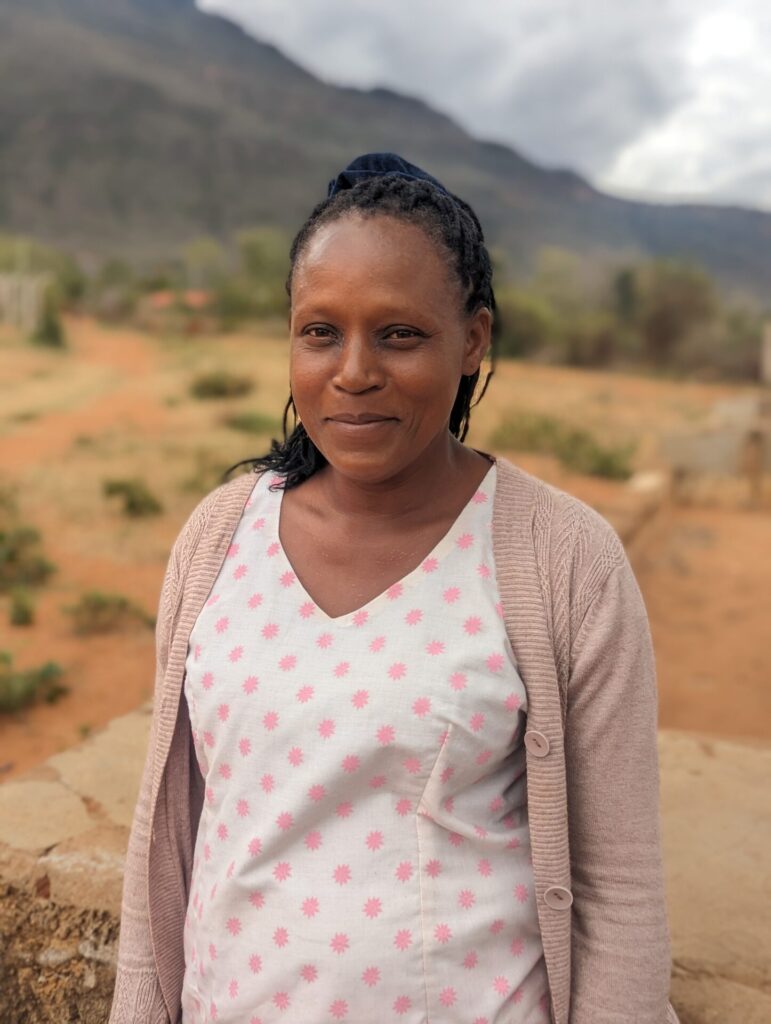
“Before the Kasigau REDD+ project, the community used to cut trees for charcoal, leaving the land to be very bare. Thanks to the Kasigau REDD+ Project’s continued partnership with the community, they are beginning to understand the importance of trees, the environment, and how to better protect their land. The project also continues to uplift the community especially when it comes to education. Our students have received educational scholarships, community hospitals have been renovated and women have been financially empowered to start income-generating projects and activities such as basket weaving. If the project was not here, the quality of life within the community would be low.”
